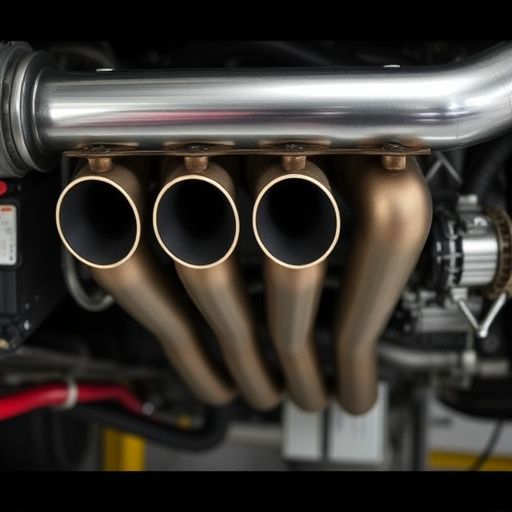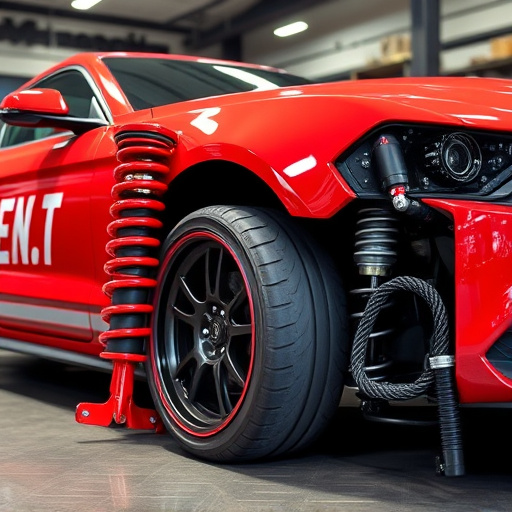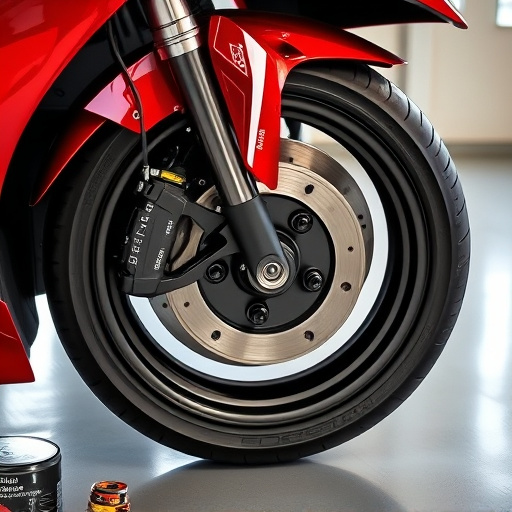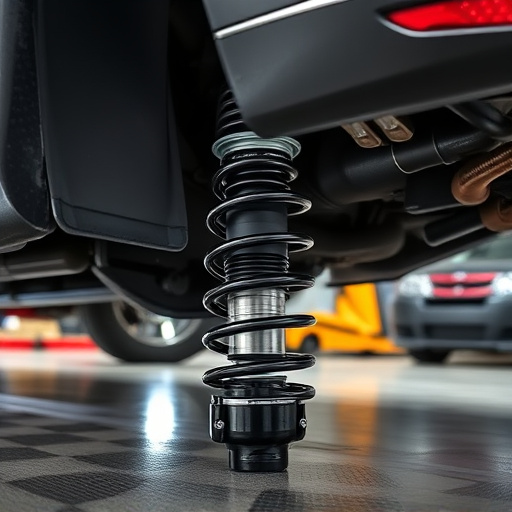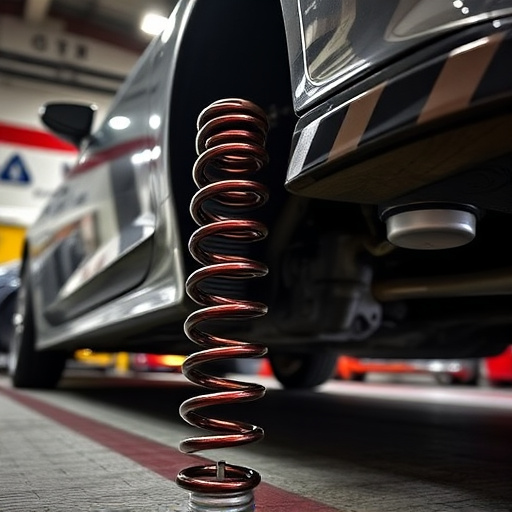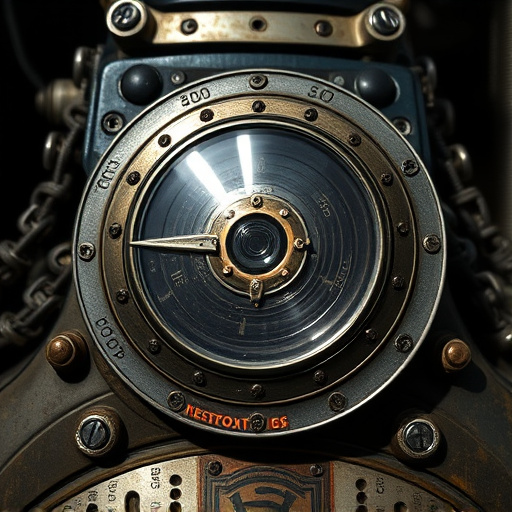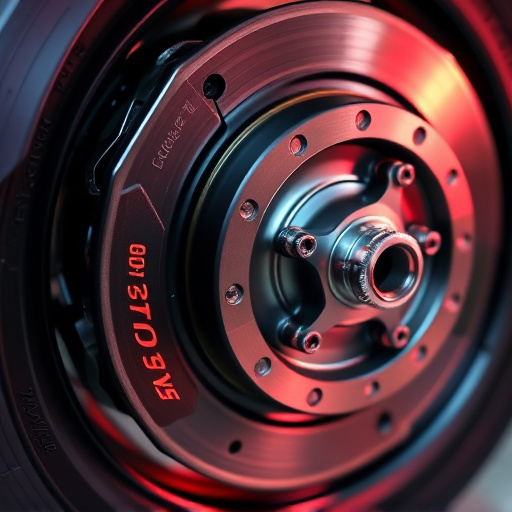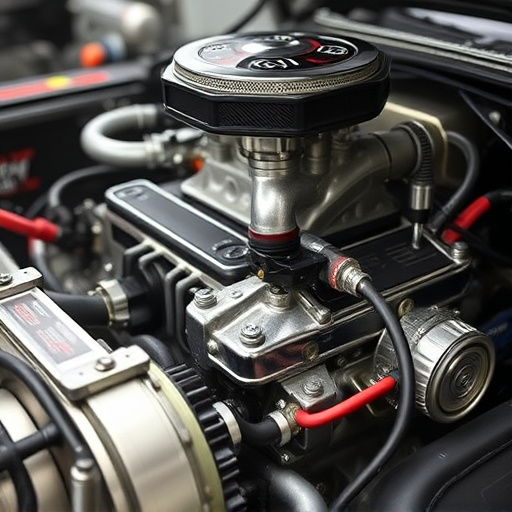Universal catalytic converters (UCCs) can suffer from reduced performance and strange noises due to clogging, damage, or internal issues. Regular maintenance, prompt replacement, and age-related buildup accelerate wear, affecting not just the converter but adjacent exhaust parts. If your vehicle exhibits reduced performance, unusual noises, or drivability issues, inspect the catalytic converter. Key signs for replacement include problematic sounds and engine-related problems. Regular inspections, part replacements, and high-quality upgrades ensure optimal UCC performance and maintain emission system health.
Universal catalytic converters (UCCs) are a vital component of modern vehicles, but like any part, they require maintenance and eventual replacement. This article delves into the common issues that can signal a need for UCC replacement, providing key signs to watch for. We also outline best practices for efficient maintenance, ensuring optimal performance and compliance with environmental standards. By understanding these aspects, vehicle owners can extend the life of their UCCs and promote sustainable driving practices.
- Recognizing Common Universal Catalytic Converter Issues
- Key Signs Indicating Need for Replacement
- Best Practices for Efficient Universal Converter Maintenance
Recognizing Common Universal Catalytic Converter Issues
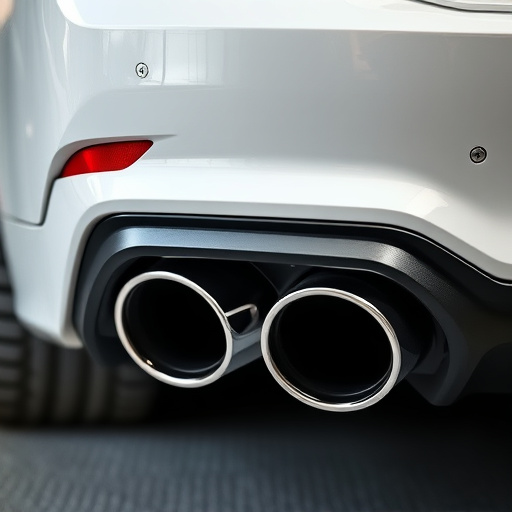
Universal catalytic converters, despite their name, can present several common issues that drivers should be aware of. One of the most noticeable signs is a significant drop in engine performance, often characterized by a lack of power and reduced fuel efficiency. This issue typically arises when the catalyst is clogged or damaged, hindering the efficient conversion of harmful exhaust gases. Another critical indicator is an unusual noise coming from the exhaust system, which might suggest a problem with the cat’s internal components or a potential connection to the exhaust mufflers or cat-back exhaust systems.
Regular maintenance and timely replacements are crucial for optimal engine performance and environmental compliance. As universal catalytic converters age, they can accumulate buildup from various byproducts of combustion, leading to reduced efficiency. Additionally, certain factors like exposure to extreme temperatures or corrosive substances might accelerate wear and tear, affecting both the cat and nearby exhaust components, such as brake pads, over time.
Key Signs Indicating Need for Replacement
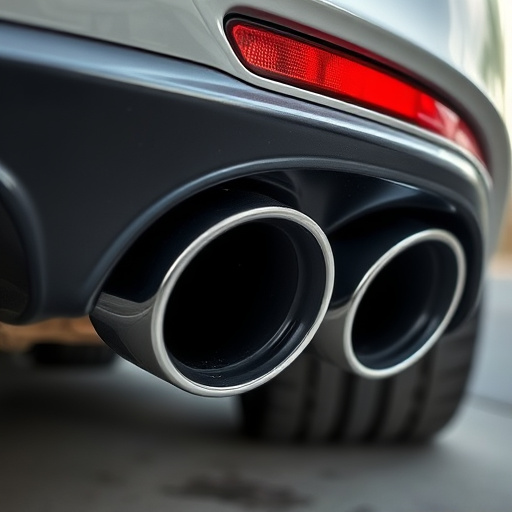
If your vehicle is showing signs of reduced performance or unusual noises coming from the engine, it might be time to inspect your catalytic converter. A universal catalytic converter, designed for a wide range of vehicles, can provide a temporary solution, but its longevity depends on the underlying issues. Key signs indicating the need for replacement include drivability problems, such as a lag in acceleration or a rough idle. This could suggest that the cat back exhaust system is restricting airflow or there’s an issue with the engine’s combustion process.
Additionally, unusual sounds like knocking, ticking, or a high-pitched whine coming from under the hood can point to worn-out parts within the catalytic converter or adjacent components like brake rotors or cold air intakes. These issues may require more than just a universal catalytic converter replacement; they could signal broader maintenance needs for your vehicle.
Best Practices for Efficient Universal Converter Maintenance
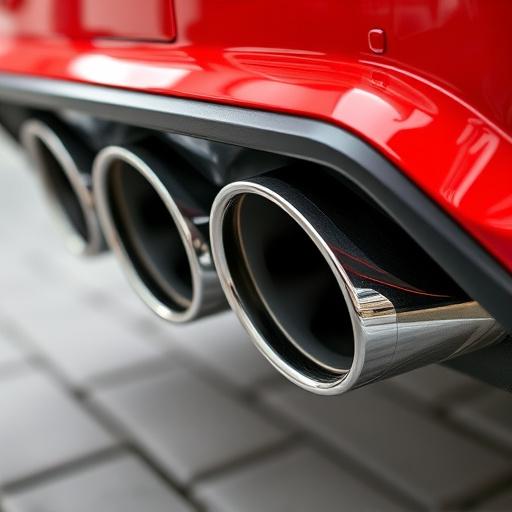
Regular maintenance is key to keeping your universal catalytic converter running efficiently and extending its lifespan. One of the best practices is to adhere to a consistent inspection routine, focusing on potential signs of damage or wear. Check for any leaks around the converter, as well as corrosion or loose connections. Timely replacement of worn-out parts, such as gaskets or sensors, can prevent bigger issues down the line. Additionally, keeping an eye on your vehicle’s overall performance is crucial; a struggling engine or unusual noises could indicate a problem with the converter.
Ensuring optimal performance involves not only maintenance but also integrating complementary upgrades. Consider investing in high-quality air filter kits to enhance airflow and improve efficiency. For those looking to fine-tune their ride, coilover kits and suspension kits can offer enhanced control and customization, further optimizing your universal catalytic converter’s capabilities. Regular service and strategic enhancements will contribute to a seamless driving experience and the overall health of your vehicle’s emission system.
When it comes to ensuring optimal vehicle performance and adhering to emissions standards, regular attention to your universal catalytic converter is paramount. By staying vigilant for key replacement signs, such as unusual sounds, poor fuel efficiency, and failure to pass emissions tests, you can avoid costly breakdowns. Implementing best practices for maintenance, including timely inspections and prompt replacement upon detecting issues, will help extend the life of your universal converter, ultimately contributing to a cleaner environment and smoother driving experience.



